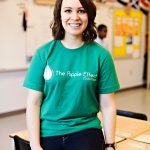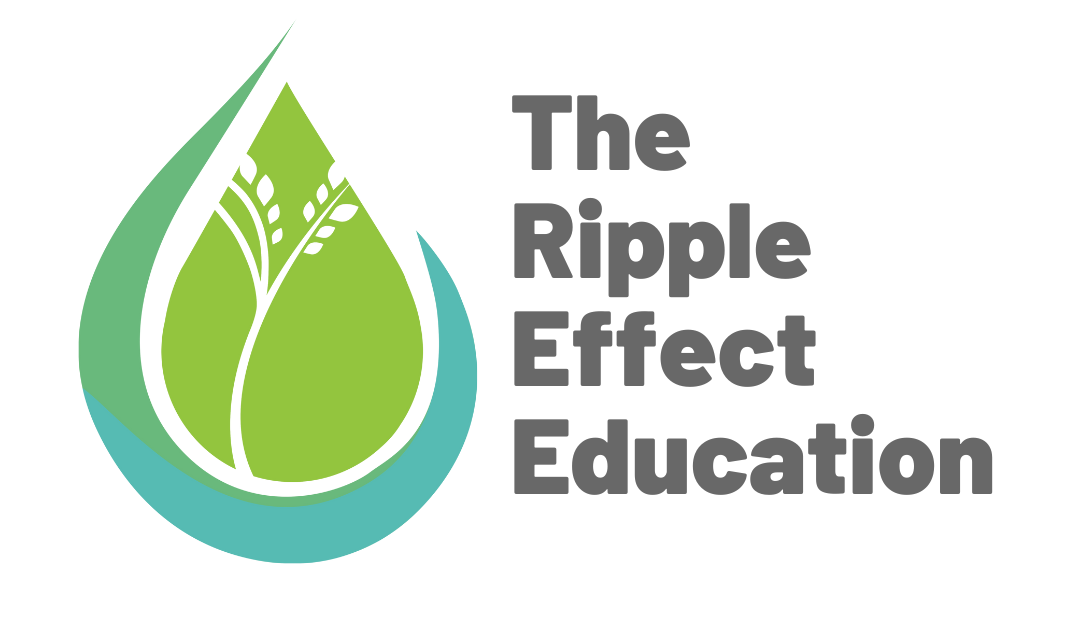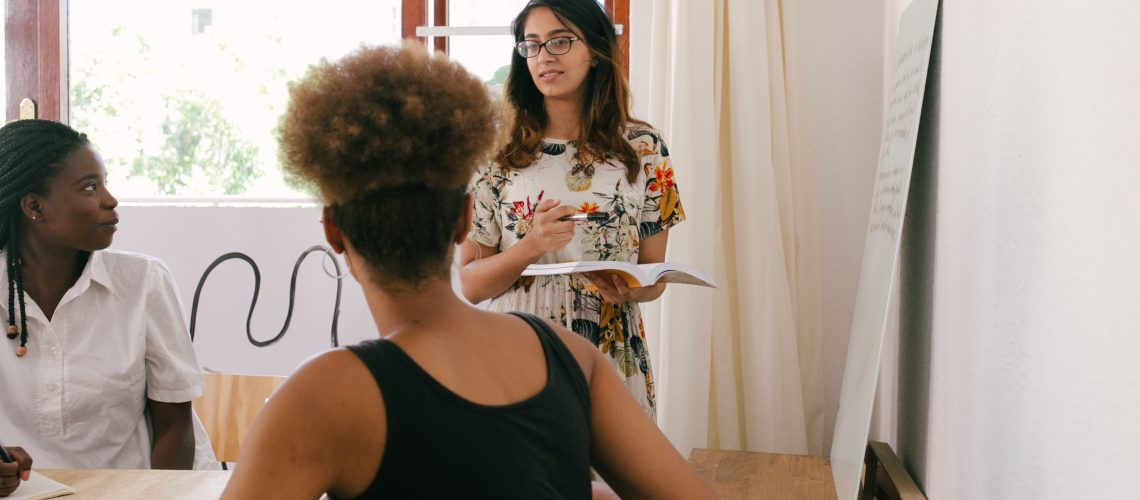I was leading a group of high school students in a community design simulation. Each student played a different role to represent different groups within a larger community. We had parents, youth, program specialists, local politicians, academics, and donors all advocating for their different needs and interests, which presented a problem requiring a complex solution. As the group began to identify the community’s needs, one student voiced their idea for change, “I know what we can do. Let’s have a bake sale!”
In my own high school experience, fundraising was often the backbone of social change initiatives. I took part in benefit concerts, raffles, fun runs and even a bake sale or two. We raised money for disaster relief, for international education, and to research and cure diseases. I was an enthusiastic teen who wanted to make a difference, but did not have the courage to say, “How can we create change in our own community?” That’s not to say that these are not worthy causes; raising money and awareness is important work, but we did so in a way that did not require deeper understanding of the problem and the system it lies within, understanding our own positionality, or measuring how (or if) our efforts made a meaningful, equitable impact.
Years after my own high school experience, I was surprised to see that youth were still reaching for the same strategies; a bake sale will fix it! In this simulation activity, we invited youth to think more deeply about the complex needs within the problem. We asked questions like, Is raising money our only option? What is already working within this community? What is needed to create a sustainable solution? Whose voices must be heard? Who needs to be included in this work?
“If innovation is indeed a key ingredient to addressing social, environmental and economic challenges, then as young people increase their meaningfully engagement in society and their communities we will be more successful in addressing these issues” (Dougherty and Clarke, 2018, p. 20-21).
Complex social issues need deep thinkers to dive in, to learn, to understand, to design, and to find innovative solutions, and that includes creating space for youth to participate in and lead change. Youth are uniquely poised to meet bold visions, as action-oriented individuals unencumbered by the risk aversion that can become a barrier for their older changemaking counterparts (Dougherty and Clarke, 2018). If we are bold enough to envision different futures, we should have bold strategies and bold pathways to match.
“There isn’t always just one solution, but rather many that have the potential to spark change.” – Marina Wheaton, 2020-2021 Peace Innovators participant
When we have one tool to tackle problems, we tend to try to fix each problem with that tool, regardless of the context. When youth have different tools and strategies to understand and approach the problems they’re passionate about, they can expand the ways they will approach those problems, all while feeling more connected to their communities and seeing the impact of their work (Ho et al., 2015; Dougherty et al., 2018). When youth are invited to critically explore their connection to the social problems within their community, we can shift from good intentions to equitable and dignifying impact.
In the Peace Innovators Scholarship and Mentoring Program, we partner with Kindred Credit Union and the Kindred Credit Union Centre for Peace Advancement to invite youth who are passionate about peace and social justice and create spaces for them to design their own initiatives and create meaningful impact in their own communities. In the program, we see the impact of youth taking risks, challenging the status quo, and driving change for more just and peaceful futures. We see youth dismantling mental health stigma, organize anti-racism education, developing LGBTQ+ affirming faith communities, and tackling food insecurity and poverty. We see youth actively shifting social attitudes and systemic barriers, and cultivating agency within their own community.
We don’t need more bake sales. We need more innovators.
The Peace Innovators Scholarship and Mentoring Program is now accepting applications for our 2021-2022 cohort. If you know a high school student who wants to make an impact, please share!
References
Ho, E., Clarke, A., & Dougherty, I. (2015). Youth-led social change: Topics, engagement types, organizational types, strategies, and impacts. Futures : the Journal of Policy, Planning and Futures Studies, 67, 52–62. https://doi.org/10.1016/j.futures.2015.01.006
Dougherty, I., Clarke, A., & Alam, M. (2018). Are we making a difference? Understanding leading practices in youth volunteerism & service. Employment and Social Development Canada. https://uwaterloo.ca/youth-and-innovation/sites/ca.youth-and-innovation/files/uploads/files/youthinnovation-report_final_lr.pdf
Dougherty, I. & Clarke, A. (2018) Wired for Innovation: Valuing the unique innovation abilities of emerging adults. Emerging Adulthood, 6(5): 358- 365. DOI 10.1177/2167696817739393
Cover photo by RF._.studio from Pexels
 Katie Gingerich is the founder and director of TREE, and is an active participant of the Kindred Credit Union Centre for Peace Advancement. Since 2012, she has developed peace education programs for camps, community groups, and classrooms, and is passionate about giving youth the tools they need to transform conflict and seek justice.
Katie Gingerich is the founder and director of TREE, and is an active participant of the Kindred Credit Union Centre for Peace Advancement. Since 2012, she has developed peace education programs for camps, community groups, and classrooms, and is passionate about giving youth the tools they need to transform conflict and seek justice.


